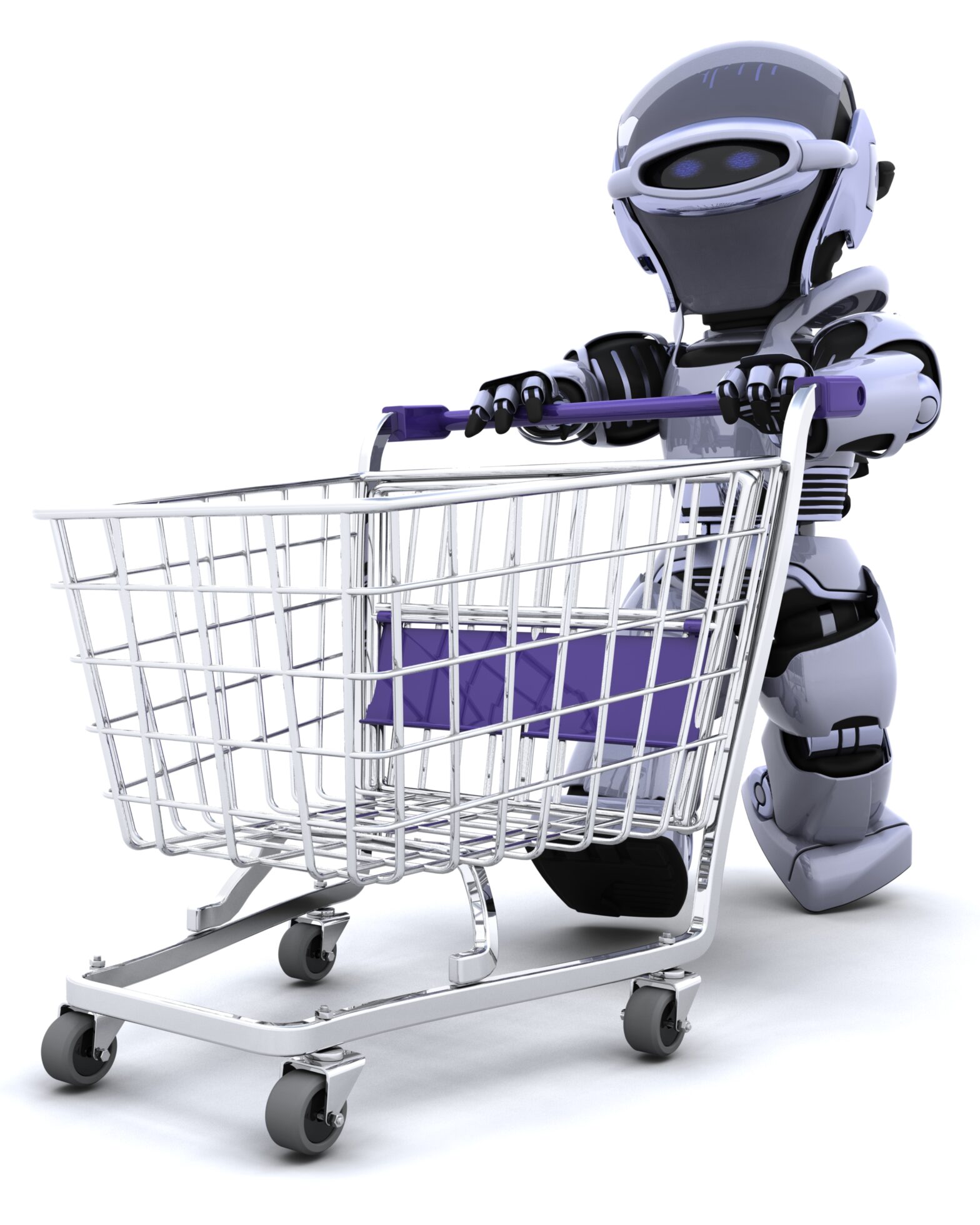In case you haven’t noticed, big data is now quite literally driving industry and causing major disruptions along the way.
Uber has all but obviated the taxi industry, and AirBnb is Uber’s hotel counterpart; both companies rely on highly automated, data-driven platforms that are shifting economy and infrastructure in major ways. And while these integrations have not been totally seamless, it’s clear that the world is ready for some fresh takes on antiquated industries.
Nobody is safe from the big data takeover – not even retail.
In fact, platforms utilising industry intelligence are already making waves.
Tech-savvy retailers are using them to navigate the inevitable journey into the digital age.
Retail isn’t going to be totally replaced by online shopping, but some serious updates are on the horizon that will change the way shoppers interact with stores, merchandise and more.
What will it take to successfully usher your business into the next generation of retail? Why are certain companies better suited than others? The answer is simply in the data.
>See also: Internet of Things: a retail perspective
The number 1 rule in retail is to know your customer, and now with the emergence of massive and diverse data sets accumulated by sophisticated methods, it’s easier than ever to know pretty much everything.
Rule number 2? Know yourself.
Companies that successfully leverage their own revenue information with worldwide demographic data are giving themselves an unprecedented level of confidence.
Growth requires risk, and lots of it: according to CNBC, 60% of restaurants fail within their first year of opening. But it’s crucial to know many businesses are getting significant head starts.
Mindful data collection can mean the difference between massive disappointment and real success.
Brands like Amazon and Warby Parker are retail pioneers, in that they started off by gathering vast amounts of information regarding their customers and their preferences, then leveraged this information to design better equipped physical retail spaces.
Most companies do the opposite, and too many don’t collect data at all.
The bad news is that companies that haven’t been collecting this important information are light-years behind those who have, in the race to build a sustainable business model in a data driven industry.
>See also: The rise, or fall of the retail app?
But the good news it that it’s easier now more than ever to start collecting and analysing the factors that make a business tick.
There is simply no better way to minimise risk than to understand the ins and outs of your revenue from the perspective on an intelligent analytical machine.
These platforms aren’t going to run your business for you – and they’re not designed to.
Skilled leaders will never go out of style, because business decisions are inherently human.
A machine can give you great advice, but its suggestions are valuable only to the extent that business leaders are able to leverage them – be it in advertising, site selection, inventory, employee management, or a plethora of other domains.
Sourced by Keenan Baldwin, co-founder of SiteZeus







